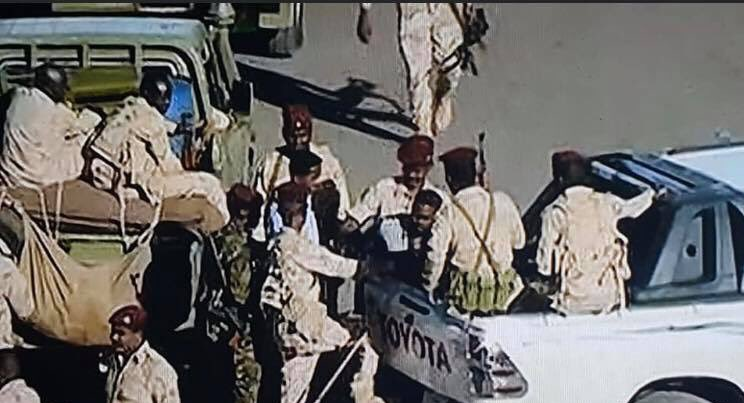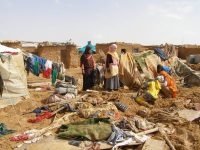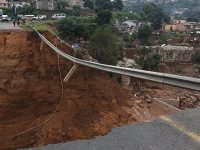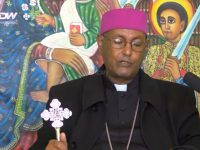Faced with a deteriorating nutrition situation in the Sahrawi refugee camps, including over 75 percent…

Sudan, Tension Drops in Khartoum Following Shootout Between Government Armed Forces and Former Security Agents
The calm after a storm. Khartoum is slowly getting back to normal. Flights in and out of the airport resumed yesterday evening and it has been decided to keep some of the bridges on the Nile closed and limited to authorized vehicles only. However, the units of the security forces are still in red alert. In addition to reducing circulation, check points have increased.
The clashes that took place recently between former intelligence service agents and the government forces have shaken the government led by President Ahmdok.
The fear of continued violence also hovers over Westerners living in the capital city, such as Father Lorenzo Baccin, a missionary in Khartoum, who says not to underestimate the new tensions.
On Tuesday, January 14, gunshots broke out at the Directorate of General Intelligence Service – formerly known as the National Intelligence and Security Services (NISS) – in Khartoum proper and in the northern areas of Soba and Kafouri. Apparently, the shots were fired by former security agents and officials protesting against their severance packages. But according to our sources, the matter is much more serious and much broader. Some units of security agents are protesting against the restructuring of the security services and its integration with the Rapid Support Forces (RSF), a paramilitary group who fought on behalf of former President Omar Hassan Al-Bashir.
“We didn’t hear the gunfire from our house, but news of what was happening arrived immediately,” says Father Lorenzo, a Comboni Missionary from Padua. “Videos and news about the shooting were posted on social media. Fortunately, the situation was contained quickly and there were no consequences to the population. For now, everything is back to normal but we must take into account that there are those who oppose this government and/or don’t want things to change.”
This is in reference to the revolution that led to the fall of Omar Hassan Al-Bashir who had been in power for 30 years.
The NISS, currently being restructured, was one of the former president’s pillars of power.
According to Father Baccin, those in opposition to the mutiny supported by the new government led by Prime Minister Abdalla Hamdok, are mainly “Islamic” militia. Among the measures put forth by the present government is the abolition of Al-Bashir’s party and to repeal the “public order and morality” law, a version of sharia law that was the basis for thousands of women being arrested because they were “guilty” of participating at private parties or wearing trousers.





